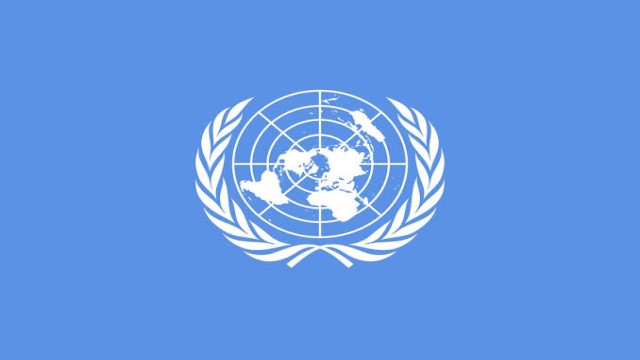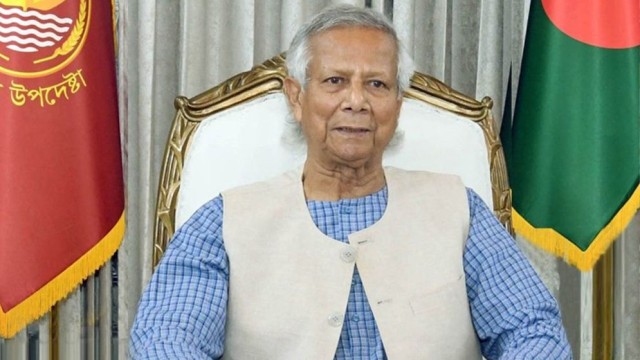MANILA, Feb 11, (V7N) – Filipina fruit vendor Avelina Anuran has testified publicly about the abuse she suffered at the hands of her husband in an effort to convince lawmakers to legalize divorce.
She keeps a medical certificate documenting her injuries, hoping it might one day serve as evidence in court. But despite her efforts, she remains trapped in her marriage with no legal way to end it.
The Philippines is one of only two places in the world—along with Vatican City—where divorce is still illegal. Last week, another attempt to pass a divorce law failed as the upper house ended its session without even holding a hearing.
"They kept passing it around," Anuran said. She had already shared her painful experience in a 2019 Senate hearing, but the bill never moved forward.
Under current law, Filipinos can only end a marriage through annulment or "nullification", a costly process that can exceed $10,000 and does not recognize domestic abuse, abandonment, or infidelity as grounds for separation.
Campaigners like Anuran believe public support for divorce is growing, with surveys showing nearly half of Filipinos now in favor of change. Before taking office, President Ferdinand Marcos Jr. had signaled openness to legalizing divorce, but strong opposition remains in the Senate.
The latest bill proposed free legal and psychological assistance for low-income petitioners, capped lawyers’ fees at $859, and mandated that cases be resolved within one year. Lawmaker Arlene Brosas, a co-author of the bill, criticized the Senate for ignoring the strong public demand and vowed to refile the measure in July.
Opposition to the bill is largely tied to the Catholic Church's influence. Senate President Francis Escudero argued that legalizing divorce would "create divisiveness," while a Catholic Bishops' Conference representative claimed it would "destroy families" and even increase domestic violence.
Despite these setbacks, Anuran remains determined to fight. “No one’s backing down. Win or lose, the fight will continue,” she said, reflecting the growing push for change in one of the world's last remaining divorce-free nations.
END/WD/RH/































Comment: